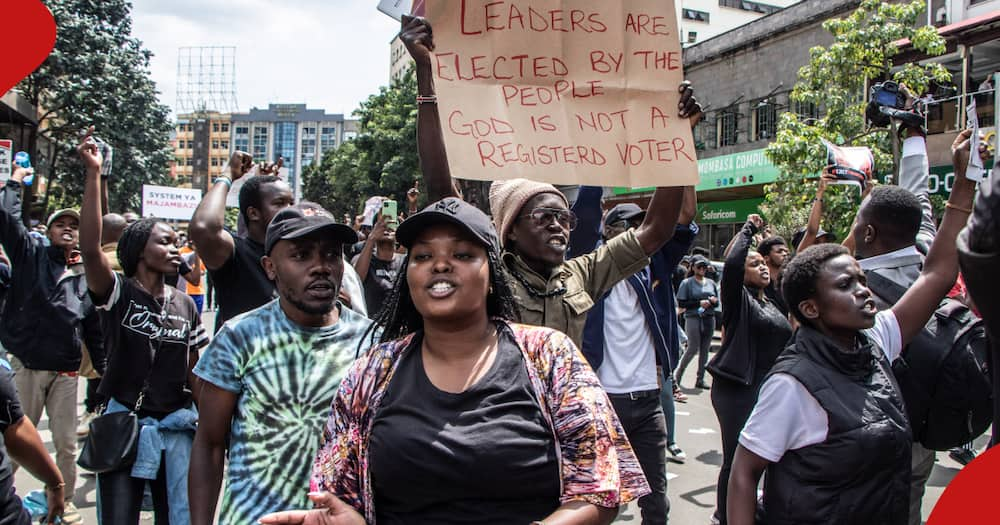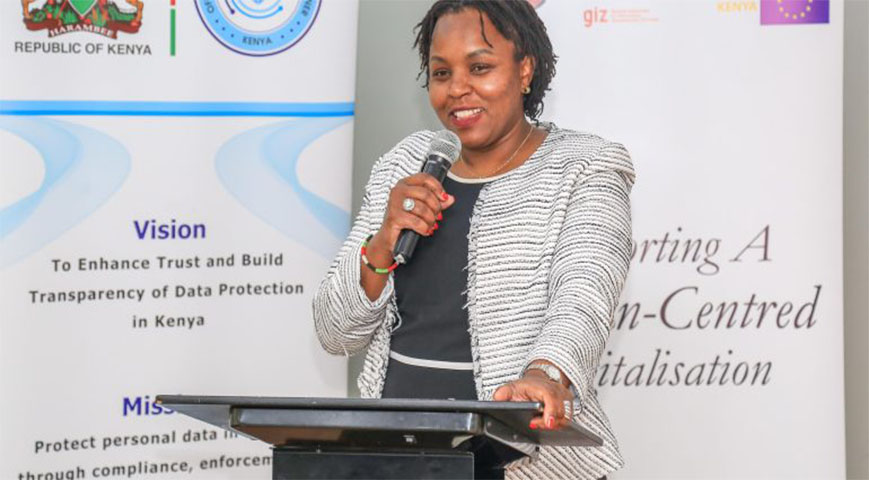The Office of the Data Protection Commissioner (ODPC) is facing an uphill battle after Kenyans failed to heed its warnings about not sharing government officials' numbers.
This follows a new trend in which sections of online users have mobilized targeted attacks on people perceived to have done wrong by requesting that their names, phone numbers, locations, and family member information be shared online so that the individuals can be mocked and insulted.

The trend appears to have gained traction after President William Ruto's and Members of Parliament's phone numbers were released on social media last week in a public campaign to have the leaders drop unpopular tax ideas included in the Finance Bill 2024.
MPs appeared to feel the heat, with several openly lamenting the avalanche of strange text messages and phone calls they received.
The pattern continued this week, with personal details about cops seen repelling protestors during Tuesday's rallies against the Finance Bill being released online.
On Wednesday, the Office of the Data Protection Commissioner (ODPC) declared such activities illegal and warned that the culprits might face legal consequences.

"The Office of the Data Protection Commissioner (ODPC) has established that there has been a recent trend of consolidating and sharing of personal information (names, telephone numbers, location and details of family members) of a certain category of citizens through social media platforms."
"This practice has been happening without the affected citizens' consent contrary to the provisions of Article 31 of the Constitution of Kenya, the Data Protection Act, 2019 and its attendant regulations."
"In view of the foregoing, the Office wishes to advise members of public to refrain from further sharing of personal information which infringes on individuals' rights to privacy," said the ODPC in a statement.









